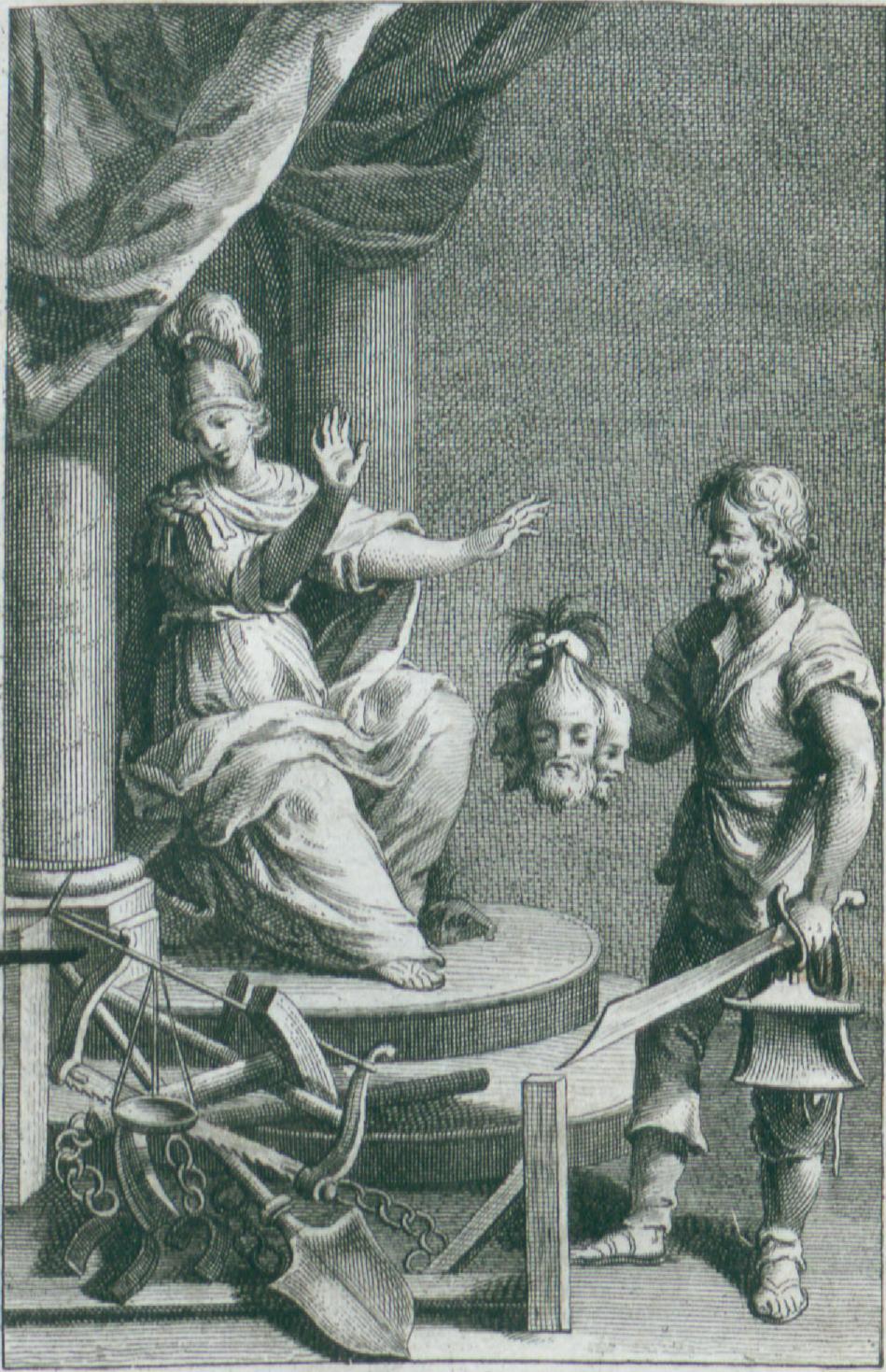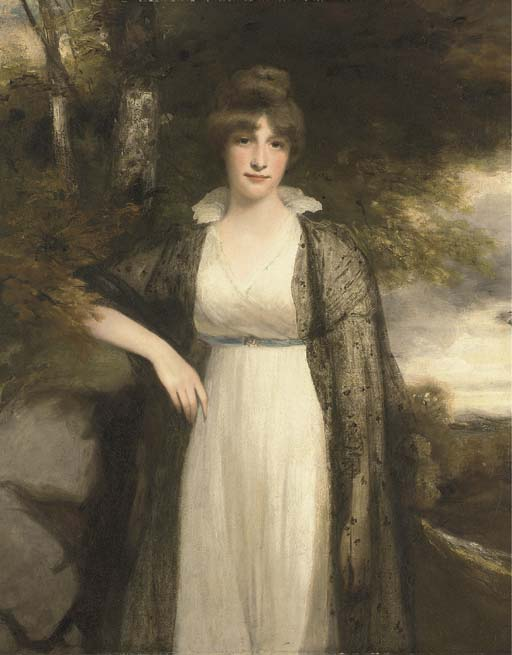|
Cesare Beccaria
Cesare Bonesana di Beccaria, Marquis of Gualdrasco and Villareggio (; 15 March 173828 November 1794) was an Italian criminologist, jurist, philosopher, economist and politician, who is widely considered one of the greatest thinkers of the Age of Enlightenment. He is well remembered for his treatise '' On Crimes and Punishments'' (1764), which condemned torture and the death penalty, and was a founding work in the field of penology and the Classical School of criminology. Beccaria is considered the father of modern criminal law and the father of criminal justice. According to John Bessler, Beccaria's works had a profound influence on the Founding Fathers of the United States. Birth and education Beccaria was born in Milan on 15 March 1738 to the Marchese Gian Beccaria Bonesana, an aristocrat of moderate standing from the Austrian Habsburg Empire. Beccaria received his early education in the Jesuit college at Parma. Subsequently, he graduated in law from the University of ... [...More Info...] [...Related Items...] OR: [Wikipedia] [Google] [Baidu] |
Milan
Milan ( , , Lombard: ; it, Milano ) is a city in northern Italy, capital of Lombardy, and the second-most populous city proper in Italy after Rome. The city proper has a population of about 1.4 million, while its metropolitan city has 3.26 million inhabitants. Its continuously built-up urban area (whose outer suburbs extend well beyond the boundaries of the administrative metropolitan city and even stretch into the nearby country of Switzerland) is the fourth largest in the EU with 5.27 million inhabitants. According to national sources, the population within the wider Milan metropolitan area (also known as Greater Milan), is estimated between 8.2 million and 12.5 million making it by far the largest metropolitan area in Italy and one of the largest in the EU.* * * * Milan is considered a leading alpha global city, with strengths in the fields of art, chemicals, commerce, design, education, entertainment, fashion, finance, healthcar ... [...More Info...] [...Related Items...] OR: [Wikipedia] [Google] [Baidu] |
1st Baron Auckland
William Eden, 1st Baron Auckland, PC (Ire), FRS (3 April 174528 May 1814) was a British diplomat and politician who sat in the House of Commons from 1774 to 1793. Early life A member of the influential Eden family, Auckland was a younger son of Sir Robert Eden, 3rd Baronet, of Windlestone Hall, County Durham, and Mary, daughter of William Davison. His brothers included Sir John Eden, 4th Baronet, also an MP; Sir Robert Eden, 1st Baronet, of Maryland, the last royal Governor of Maryland; and Morton Eden, 1st Baron Henley, diplomat. He was educated at Durham School, Eton and Christ Church, Oxford, and was called to the bar, Middle Temple, in 1768. Career In 1771 Auckland published ''Principles of Penal Law'', and soon became a recognized authority on commercial and economic questions. In 1772 he took up an appointment as Under-Secretary of State for the North, a post he held until 1778. He was Member of Parliament for Woodstock from 1774 to 1784 and served as a Lord of Trad ... [...More Info...] [...Related Items...] OR: [Wikipedia] [Google] [Baidu] |
Death Penalty
Capital punishment, also known as the death penalty, is the state-sanctioned practice of deliberately killing a person as a punishment for an actual or supposed crime, usually following an authorized, rule-governed process to conclude that the person is responsible for violating norms that warrant said punishment. The sentence ordering that an offender is to be punished in such a manner is known as a death sentence, and the act of carrying out the sentence is known as an execution. A prisoner who has been sentenced to death and awaits execution is ''condemned'' and is commonly referred to as being "on death row". Crimes that are punishable by death are known as ''capital crimes'', ''capital offences'', or ''capital felonies'', and vary depending on the jurisdiction, but commonly include serious crimes against the person, such as murder, mass murder, aggravated cases of rape (often including child sexual abuse), terrorism, aircraft hijacking, war crimes, crimes against h ... [...More Info...] [...Related Items...] OR: [Wikipedia] [Google] [Baidu] |
Torture
Torture is the deliberate infliction of severe pain or suffering on a person for reasons such as punishment, extracting a confession, interrogational torture, interrogation for information, or intimidating third parties. definitions of torture, Some definitions are restricted to acts carried out by the state, but others include non-state organizations. Torture has been carried out since ancient times. In the eighteenth and nineteenth centuries, Western countries abolished the official use of torture in the judicial system, but torture continued to be used throughout the world. A variety of methods of torture are used, often in combination; the most common form of physical torture is beatings. Since the twentieth century, many torturers have preferred non-scarring or psychological torture, psychological methods to provide deniability. Torturers are enabled by organizations that facilitate and encourage their behavior. Most victims of torture are poor and marginalized people sus ... [...More Info...] [...Related Items...] OR: [Wikipedia] [Google] [Baidu] |
Politician
A politician is a person active in party politics, or a person holding or seeking an elected office in government. Politicians propose, support, reject and create laws that govern the land and by an extension of its people. Broadly speaking, a politician can be anyone who seeks to achieve political power in a government. Identity Politicians are people who are politically active, especially in party politics. Political positions range from local governments to state governments to federal governments to international governments. All ''government leaders'' are considered politicians. Media and rhetoric Politicians are known for their rhetoric, as in speeches or campaign advertisements. They are especially known for using common themes that allow them to develop their political positions in terms familiar to the voters. Politicians of necessity become expert users of the media. Politicians in the 19th century made heavy use of newspapers, magazines, and pamphlets, as ... [...More Info...] [...Related Items...] OR: [Wikipedia] [Google] [Baidu] |
Economist
An economist is a professional and practitioner in the social science discipline of economics. The individual may also study, develop, and apply theories and concepts from economics and write about economic policy. Within this field there are many sub-fields, ranging from the broad philosophical theories to the focused study of minutiae within specific markets, macroeconomic analysis, microeconomic analysis or financial statement analysis, involving analytical methods and tools such as econometrics, statistics, economics computational models, financial economics, mathematical finance and mathematical economics. Professions Economists work in many fields including academia, government and in the private sector, where they may also "study data and statistics in order to spot trends in economic activity, economic confidence levels, and consumer attitudes. They assess this information using advanced methods in statistical analysis, mathematics, computer programming nd ... [...More Info...] [...Related Items...] OR: [Wikipedia] [Google] [Baidu] |
Philosopher
A philosopher is a person who practices or investigates philosophy. The term ''philosopher'' comes from the grc, φιλόσοφος, , translit=philosophos, meaning 'lover of wisdom'. The coining of the term has been attributed to the Greek thinker Pythagoras (6th century BCE).. In the classical sense, a philosopher was someone who lived according to a certain way of life, focusing upon resolving existential questions about the human condition; it was not necessary that they discoursed upon theories or commented upon authors. Those who most arduously committed themselves to this lifestyle would have been considered ''philosophers''. In a modern sense, a philosopher is an intellectual who contributes to one or more branches of philosophy, such as aesthetics, ethics, epistemology, philosophy of science, logic, metaphysics, social theory, philosophy of religion, and political philosophy. A philosopher may also be someone who has worked in the humanities or other sciences whic ... [...More Info...] [...Related Items...] OR: [Wikipedia] [Google] [Baidu] |
Jurist
A jurist is a person with expert knowledge of law; someone who analyses and comments on law. This person is usually a specialist legal scholar, mostly (but not always) with a formal qualification in law and often a legal practitioner. In the United Kingdom the term "jurist" is mostly used for legal academics, while in the United States the term may also be applied to a judge. With reference to Roman law, a "jurist" (in English) is a jurisconsult (''iurisconsultus''). The English term ''jurist'' is to be distinguished from similar terms in other European languages, where it may be synonymous with legal professional, meaning anyone with a professional law degree that qualifies for admission to the legal profession, including such positions as judge or attorney. In Germany, Scandinavia Scandinavia; Sámi languages: /. ( ) is a subregion in Northern Europe, with strong historical, cultural, and linguistic ties between its constituent peoples. In English usage, ''Scandinav ... [...More Info...] [...Related Items...] OR: [Wikipedia] [Google] [Baidu] |
Criminologist
Criminology (from Latin , "accusation", and Ancient Greek , ''-logia'', from λόγος ''logos'' meaning: "word, reason") is the study of crime and deviant behaviour. Criminology is an interdisciplinary field in both the behavioural and social sciences, which draws primarily upon the research of sociologists, political scientists, economists, psychologists, philosophers, psychiatrists, social workers, biologists, social anthropologists, as well as scholars of law. Criminologists are the people working and researching the study of crime and society's response to crime. Some criminologists examine behavioral patterns of possible criminals. Generally, criminologists conduct research and investigations, developing theories and analyzing empirical patterns. The interests of criminologists include the study of nature of crime and criminals, origins of criminal law, etiology of crime, social reaction to crime, and the functioning of law enforcement agencies and the penal inst ... [...More Info...] [...Related Items...] OR: [Wikipedia] [Google] [Baidu] |
University Of Pavia
The University of Pavia ( it, Università degli Studi di Pavia, UNIPV or ''Università di Pavia''; la, Alma Ticinensis Universitas) is a university located in Pavia, Lombardy, Italy. There was evidence of teaching as early as 1361, making it one of the oldest universities in the world. It was the sole university in Milan and the greater Lombardy region until the end of the 19th century. In 2022 the University was recognized by the Times Higher Education among the top 10 in Italy and among the 300 best in the world. Currently, it has 18 departments and 9 faculties. It does not have a main campus; its buildings and facilities are scattered around the city, which is in turn called "a city campus." The university caters to more than 20,000 students who come from Italy and all over the world. The university offers more than 80 undergraduate programs; over 40 master programs, and roughly 20 doctoral programs (including 8 in English). About 1,500 students who enter the university every ... [...More Info...] [...Related Items...] OR: [Wikipedia] [Google] [Baidu] |
Penology
Penology (from "penal", Latin '' poena'', "punishment" and the Greek suffix '' -logia'', "study of") is a sub-component of criminology that deals with the philosophy and practice of various societies in their attempts to repress criminal activities, and satisfy public opinion via an appropriate treatment regime for persons convicted of criminal offences. The Oxford English Dictionary defines penology as "the study of the punishment of crime and prison management," and in this sense it is equivalent with corrections. Penology is concerned with the effectiveness of those social processes devised and adopted for the prevention of crime, via the repression or inhibition of criminal intent via the fear of punishment. The study of penology therefore deals with the treatment of prisoners and the subsequent rehabilitation of convicted criminals. It also encompasses aspects of probation (rehabilitation of offenders in the community) as well as penitentiary science relating to the secure ... [...More Info...] [...Related Items...] OR: [Wikipedia] [Google] [Baidu] |









